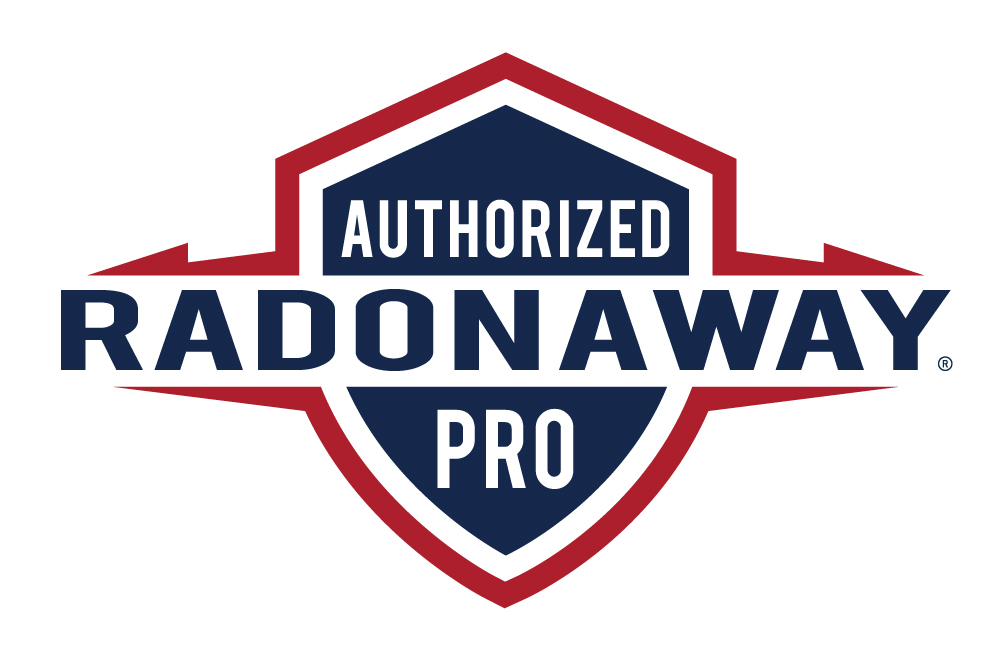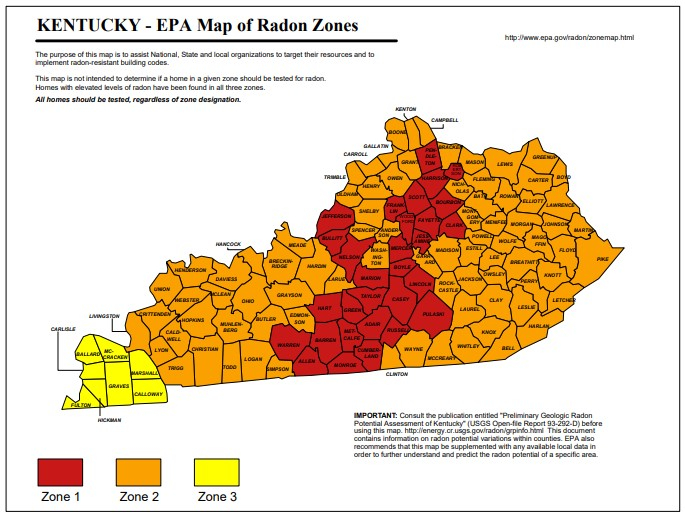Find a Professional Radon Contractor in Kentucky
Radon and Kentucky
Kentucky is known for the bluegrass found in many of its pastures as well as for horse racing, bourbon, Kentucky Fried Chicken, and much more. Kentucky is also home to the world's longest cave system, Mammoth Cave National Park, a significant portion of Kentucky’s karst geology where radon gas levels can be extremely variable.
 RadonAway works with a network of highly-trained, certified, and insured radon professionals in Kentucky who can effectively install radon mitigation systems. These radon contractors adhere to industry and state requirements and protocols to ensure the system is installed properly and radon levels are reduced. Our easy-to-use lookup tool will quickly connect you with a radon professional in your area.
RadonAway works with a network of highly-trained, certified, and insured radon professionals in Kentucky who can effectively install radon mitigation systems. These radon contractors adhere to industry and state requirements and protocols to ensure the system is installed properly and radon levels are reduced. Our easy-to-use lookup tool will quickly connect you with a radon professional in your area.
Kentucky requires Certified Radon Professionals.
In 2019, the Kentucky General Assembly passed House Bill 420 which states: Radon contractors and business entities will be required to be certified through either the National Radon Proficiency Program or the National Radon Safety Board to perform radon measurement, mitigation and laboratory analysis. In addition, radon contractors and business entities will be required to register biennially with the Kentucky Cabinet for Health and Family Services (CHFS) and meet the other requirements detailed in the Bill.
Is there Radon in Kentucky Homes?
Along with caves, Kentucky’s karst formations are characterized by sinkholes and underground streams where groundwater has dissolved the sedimentary rock. These karst formations create a condition where radioactive radon gas can more readily move into houses and buildings.
The U.S. EPA created a Radon Zone Map that assigns ratings of high, moderate and low radon risk potential to counties in all states. In Kentucky, about 80% of all counties are located in EPA zones rated moderate or high for radon risk potential. This means that any home in Kentucky could have elevated radon levels.
Can I Test for and Mitigate Radon in a Kentucky Home?
Performing your own radon testing and mitigation are not recommended in Kentucky. Here’s why: Kentucky radon levels are unpredictable. The U.S. EPA recommends that every home be tested for radon, and the karst geology in Kentucky makes radon testing even more imperative. Karst geology presents a challenge when testing for or mitigating radon. Even if you have tested your Kentucky home for radon, consider retesting or hiring a radon testing professional to perform a long-term radon test. In a karst variability study conducted in another karst state, approximately one-third of the homes in karst areas tested in the summertime using short-term radon tests had false negative results, but when the homes were tested in the winter the radon test results indicated a radon problem.




Validate your login